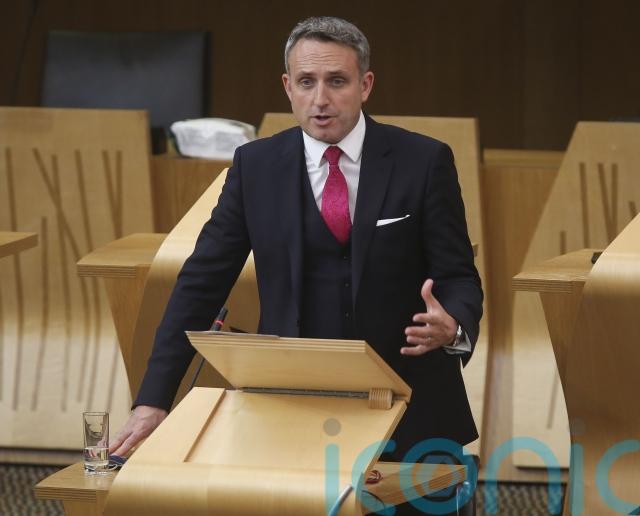
The waiting times faced by children and young people needing specialist mental health support are “not good enough”, Nicola Sturgeon has conceded.
The First Minister was pressed on the issue amid concerns about the impact an influx of Ukrainian refugees could have on Child and Adolescent Mental Health Services.
Figures published earlier this week showed almost three out of 10 young people waited longer than the 18-week target time for treatment, with 70.3% of patients seen within this time over the period October to December last year.
Data also showed that at the end of 2021, 1,570 youngsters had been waiting a year or more for an appointment.

Scottish Liberal Democrat leader Alex Cole-Hamilton accused Ms Sturgeon of having “failed a generation of Scottish children”.
With refugees fleeing the war in Ukraine possibly due to arrive in Scotland as early as this weekend, he raised the issue at First Minister’s Questions on Thursday.
He said: “We may be just days away from welcoming hundreds of children from Ukraine, many will be separated from parents, suffering with bereavement and dealing with untold trauma.
“They may be here with us for years and they will certainly need access to CAMHS.
“It is to this Government’s shame that they too will have to join the longest queue in the National Health Service.”
Ms Sturgeon agreed it is an issue of the “utmost seriousness” as she told MSPs that since the SNP came to power in 2007, “NHS funding on mental health has increased by 65%, staffing has increased by 83%”.
She added: “The issue around waiting times, the waiting times and the proportion of young people not yet being seen within 18 weeks is not good enough.
“Yes the pandemic has impacted on that but we know we had challenges before the pandemic.
“But I think it is important to note in terms of the statistics this week, although the proportion seen within 18 weeks had fallen – and we do need to address that – the number actually seen was the second highest ever.
“What we face here is a situation where we are seeing more young people but the demand for mental health services is also rising.
“That is what we need to address, that is why that additional funding, that additional staffing is so important, but so too is the redesign work we are doing, investing more in early intervention and prevention.
“This is a big challenge for all countries, it was big before the pandemic, it is even bigger given the mental health impacts of the pandemic.
“That is why we will continue to ensure the funding, the staffing and the reforming of service delivery to make sure we are meeting this for children here now and any children who might come to Scotland in future.”
Subscribe or register today to discover more from DonegalLive.ie
Buy the e-paper of the Donegal Democrat, Donegal People's Press, Donegal Post and Inish Times here for instant access to Donegal's premier news titles.
Keep up with the latest news from Donegal with our daily newsletter featuring the most important stories of the day delivered to your inbox every evening at 5pm.